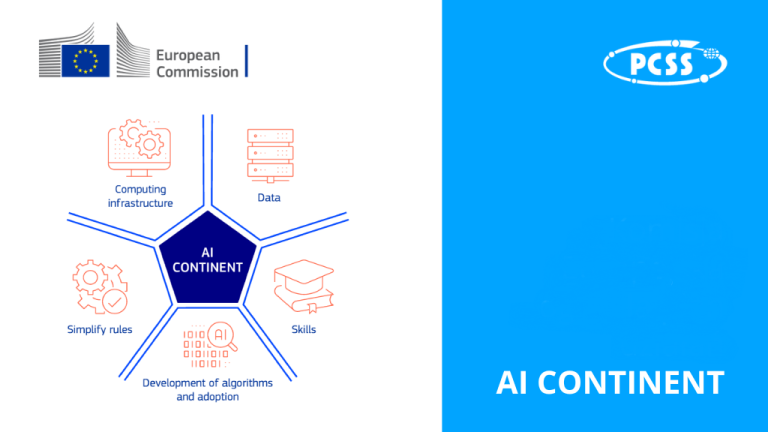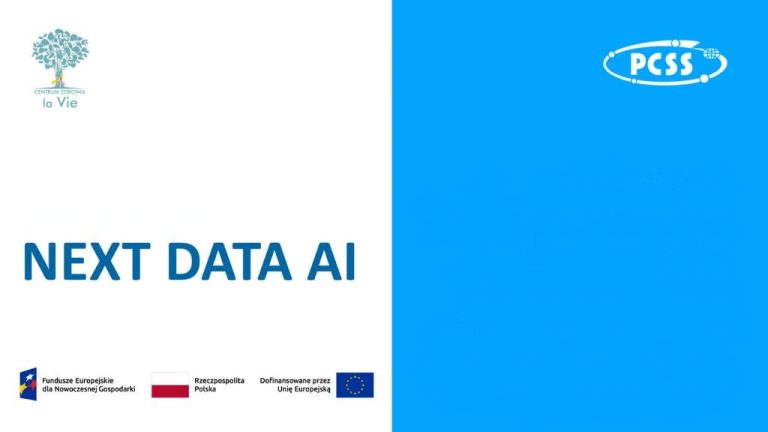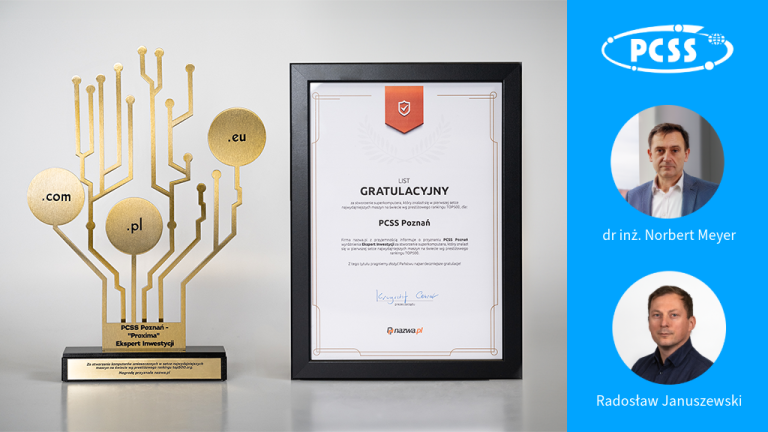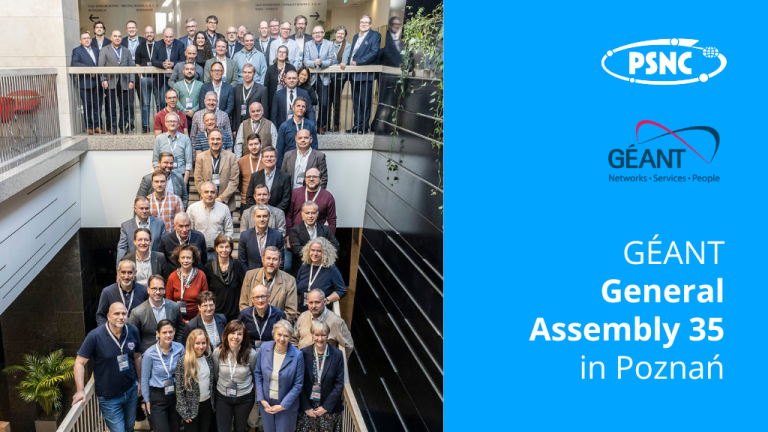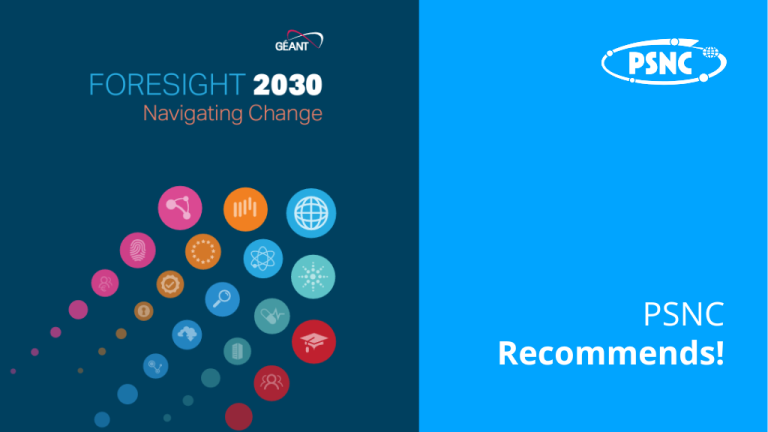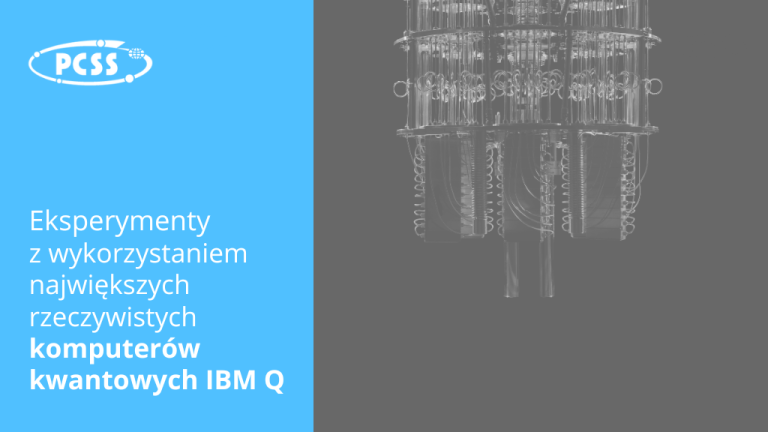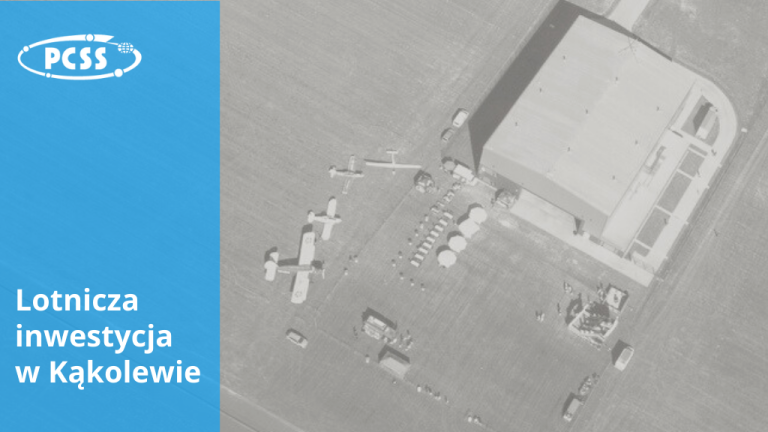5 most popular browsers were tested, in alphabetical order: Apple Safari, Google Chrome, Microsoft Internet Explorer, Mozilla Firefox and Opera. Among others, the set of implemented encryption algorithms was verified, as well as efficiency of exchanging encrypted data under non-standard conditions in the network. However, the key part of the tests was the analysis of interaction between the browser and its user in cases of occurring different types of security errors embedded within browsed Web pages. For instance, an outdated certificate or unencrypted content within an HTTPS page cases were tested. It was verified whether the idiosyncrasy had been detected at all, and then – if the information about it was presented to the user in a visible, detailed and convenient way. The default settings of all browsers were assessed as well.
On the other hand, it must be clearly stated that the current stage of the tests did not concern potential vulnerabilities in the code of the browsers and any conclusions about quality in terms of software vulnerabilities must not be drawn.
It may be clearly seen that the vendors aim to create for their users conditions that would allow them to browse the Web in a secure way. However, the implementation of that goal varies between particular browsers (and sometimes is quite heterogenic within single applications). The amount of displayed information on errors that had occurred significantly varies among the browsers, which may be meaningful for particular groups of users in order to select their favorite application.
According to obtained results, no absolute leader or outsider among the tested browsers may be pointed out. In the subjective assessment of the report authors, the two most popular browsers (i.e. Firefox and Internet Explorers) fulfill the majority of basic requirements for secure handling of SSL/TLS encrypted tunnels, while Firefox appears to have better interaction with the user and slightly more secure default settings – and Internet Explorer appeared to be more efficient during sending data through encrypted tunnels.
Amongst the rest of the browsers, not so popular in the market, the report authors honored Opera for the most sophisticated error reporting facilities. It also seems that the developers of Safari still have the most work to do.
It also appears that using only one browser (not only in terms of SSL/TLS tunnels) is a solution that limits the opportunities to perceive various types of security problems – especially those users who are technically oriented.
The detailed report, summarizing the work done, may be downloaded from PSNC Security Team webpage. Currently it is available in Polish, but the authors will prepare an English, shortened version soon.
Downloads:
AI Factories: European Commission Announces the AI Continent Action Plan
2025-04-16
Commission sets course for Europe’s AI leadership with an ambitious AI Continent Action Plan. Becoming a global leader in artificial intelligence is the objective of the AI Continent Action Plan, which has been launched today.
The First Call for Papers in the ECHOES Project
2025-03-28
The aim of the ECHOES project is to create the European Collaborative Cloud for Cultural Heritage (ECCCH) – a shared platform designed to facilitate collaboration among heritage professionals and researchers, enabling them to modernise their workflows and processes. The platform is supposed to give access to cutting-edge scientific and training resources, and advanced digital tools. 25 May 2025 marks the deadline for cultural heritage institutions to answer the first call for papers in order to obtain funding in the ECHOES Cascading Grants Programme.
EuroQHPC-Integration: the six hosting entities of the EuroHPC quantum computers kick off a joint integration project in Krakow
2025-03-21
The European High Performance Computing Joint Undertaking (EuroHPC) has selected six new proposals, in addition to the previous seven, to establish AI Factories in the EU. Overall, the initiative will bring together twenty-one Member States and two associated EuroHPC Participating States.
Next Data AI Supports Diagnostics
2025-03-18
"Development of an Innovative Tool to Support Diagnostics and Automatic Description of Radiological Images Using Artificial Intelligence Tools" is the full name of the project known simply as “Next Data AI”. The project is carried out by PSNC in cooperation with Centrum Zdrowia La Vie (La Vie Health Center) and its main goal is to conduct research and development work necessary to develop a tool that will support radiological diagnostics and automate the description of radiological examinations based on artificial intelligence mechanisms.
Second Wave of AI Factories Proposals Selected to Drive EU Innovation
2025-03-12
The European High Performance Computing Joint Undertaking (EuroHPC) has selected six new proposals, in addition to the previous seven, to establish AI Factories in the EU. Overall, the initiative will bring together twenty-one Member States and two associated EuroHPC Participating States.
Opera and Ecology – The Butterfly Project
2025-03-06
Contemporary opera took on a brand new challenge. It goes beyond the realm of art and focuses on ecology – both in the context of its direct influence on the environment and raising ecological awareness among its audience.
GN5-1 Project Trainings Concerning Optical Time and Frequency Networks
2025-02-26
As a part of their involvement in the GN5-1 project, specifically concerning the task of Optical Time and Frequency Networks (OTFN), two PSNC specialists dr inż. Krzysztof Turza and Wojbor Bogacki prepared training sessions which focus on distribution of precise time and frequency signals. The trainings are designed for students who would like to expand their knowledge and skills in that field.
A nazwa.pl Award for PSNC
2025-02-11
A Polish limited company nazwa.pl gave away their annual awards to companies and institutions with a significant influence on the digital transformation of the Polish State. The Poznań Supercomputing and Networking Center was awarded in the category “Investment Expert”, which was a reflexion of PSNC’s success with the Center’s very own Proxima supercomputer – recognized as one of the fastest machines in the world according to the current prestigious TOP500 list.
Join the first webinar about EOSC EU Node
2025-03-24
The PSNC team (Norbert Meyer, Maciej Brzeźniak, Mikołaj Dobski, Michał Zimniewicz) represents the EOSC EU Node and taking part in the “EOSC Node Candidates Kick-off Workshop” organized by the EOSC Tripartite Governance along with European Commission Directorate-General for Research and Innovation (DG RTD), in Brussels, Belgium.
EOSC European meeting and initiation of the process of building EOSC national nodes
2025-03-20
The PSNC team (Norbert Meyer, Maciej Brzeźniak, Mikołaj Dobski, Michał Zimniewicz) represents the EOSC EU Node and taking part in the “EOSC Node Candidates Kick-off Workshop” organized by the EOSC Tripartite Governance along with European Commission Directorate-General for Research and Innovation (DG RTD), in Brussels, Belgium.
Heritage Fair “Protecting Heritage for Future Generations”
2025-03-20
Promoting and protecting cultural heritage, history, and traditions are the goals of the Heritage Fair in Wrocław (20 and 21 March 2025). Tomasz Parkoła and Krzysztof Abramowski from the Digital Libraries and Knowledge Platforms Department of PSNC are among the participants of this event.
AQT’s Token of Appreciation for PSNC
2025-03-19
During the EuroHPC Summit 2025 in Kraków (18-20 March) Thomas Monz, CEO and Founder of Alpine Quantum Technologies (AQT), presented a special statuette to the Director of PSNC – Robert Pękal. That was a symbolic gesture of recognition and appreciation for PSNC's contribution to the development of European future technologies and the Center’s creation of a strong quantum computing ecosystem.
EuroHPC Summit 2025: Connecting HPC, Quantum and AI Communities in Europe
2025-03-19
This year's edition of the EuroHPC Summit takes place at the ICE Kraków Congress Centre from 18 to 20 March 2025. The event, which brings together the European HPC community, is a part of Poland's Presidency of the Council of the European Union. Representatives of the PSNC are participating in meetings and discussions that are important for the future of the Old Continent.
Quantum Computing in Brain Research
2025-03-18
The enormous potential of quantum technologies that can be used in an interdisciplinary science dealing with the study of the nervous system called neuroscience was the topic of a one-day training (17 March 2025), held at the headquarters of the Poznań Supercomputing and Networking Center.
PSNC hosts EOSC EU Node meeting
2025-03-17
Between 11 and 13 March PCSS hosted all partners involved in building the European EOSC node at a working meeting summarizing the activities carried out so far as part of the EOSC EU Node. Together with the European Commission, topics were discussed to prepare an action plan that will enable the implementation of 13 new national nodes within the framework of a single European EOSC federation in 2025.
GÉANT General Assembly 35 in Poznań
2025-03-07
The core of the GÉANT community gathered in Poznań to discuss the future of the network. The 35th General Assembly was organised in the capital of Wielkopolska region of Poland on 5 and 6 March.
GÉANT’s “Foresight 2030: Navigating Change” Report
2025-01-08
At the end of 2024, GÉANT released a report identifying the key opportunities and challenges facing the NREN community (National Research and Education Network) in the coming decade. One of the authors of this document is Raimundas Tuminauskas – Head of the Network Infrastructure and Services Department at PSNC.
Nobel Prizes 2024: AI in Physics and Chemistry
2024-10-17
This year's Nobel Prizes in Physics and Chemistry highlight the groundbreaking role of artificial intelligence in those fields. To get insights into this significant development, we reached out to Dr Mikołaj Buchwald – an expert from the PSNC Internet Services Department, whose research interests include cognitive neuroscience, machine learning methodology, as well as using AI plus advanced data analysis to explain human physiology and psychology.
PSNC Leaps into the future of computing
2024-09-04
Thanks to the Dariah.lab infrastructure, the first pilot projects for the preservation and dissemination of cultural heritage resources have been implemented in 2023. Dariah.lab is a research infrastructure for the humanities and arts, built as part of the DARIAH-PL project. It serves to acquire, store and integrate cultural data from the humanities and social sciences, and to process, visualise and share digital resources.
International Media on PSNC
2024-09-03
Here is a short sellection of recent articles on PSNC that have appeared in some international media.
Dariah.lab: cultural heritage documentation
2024-04-19
Thanks to the Dariah.lab infrastructure, the first pilot projects for the preservation and dissemination of cultural heritage resources have been implemented in 2023. Dariah.lab is a research infrastructure for the humanities and arts, built as part of the DARIAH-PL project. It serves to acquire, store and integrate cultural data from the humanities and social sciences, and to process, visualise and share digital resources.
Experiments using the largest IBM Q quantum computers
2024-04-14
The Polish Quantum Computing Node established at the Poznań Supercomputing and Networking Center - IBM Quantum Innovation Center - focused its activities in 2023 on expanding partnerships with leading centers and teams dealing with the development of quantum algorithms and their potential applications.
Aviation investment in Kąkolewo
2024-04-12
The construction of the hangar with laboratory and research facilities and its equipment is carried out as part of the "AEROSFERA" project. “The airport of things”. The main objective of the project is to provide Kąkolewo Airport with scientific and research infrastructure for conducting research and development work in the fields of air transport, utility operations, logistics, monitoring, surveillance and neutralisation of incidents and disasters.
“Knowledge-based technologies can be good for health” – an interview with Professor Michał Nowicki
2024-04-07
We invite you to read an interview with Prof. Dr. Michał Nowicki, Vice-Rector for Research and International Relations, Poznan University of Medical Sciences, in which he discusses issues related to the use of modern ICT technologies in a variety of health and medical contexts.
AI Factories: European Commission Announces the AI Continent Action Plan
2025-04-16
Commission sets course for Europe’s AI leadership with an ambitious AI Continent Action Plan. Becoming a global leader in artificial intelligence is the objective of the AI Continent Action Plan, which has been launched today.
Join the first webinar about EOSC EU Node
2025-03-24
The PSNC team (Norbert Meyer, Maciej Brzeźniak, Mikołaj Dobski, Michał Zimniewicz) represents the EOSC EU Node and taking part in the “EOSC Node Candidates Kick-off Workshop” organized by the EOSC Tripartite Governance along with European Commission Directorate-General for Research and Innovation (DG RTD), in Brussels, Belgium.
GÉANT’s “Foresight 2030: Navigating Change” Report
2025-01-08
At the end of 2024, GÉANT released a report identifying the key opportunities and challenges facing the NREN community (National Research and Education Network) in the coming decade. One of the authors of this document is Raimundas Tuminauskas – Head of the Network Infrastructure and Services Department at PSNC.
The First Call for Papers in the ECHOES Project
2025-03-28
The aim of the ECHOES project is to create the European Collaborative Cloud for Cultural Heritage (ECCCH) – a shared platform designed to facilitate collaboration among heritage professionals and researchers, enabling them to modernise their workflows and processes. The platform is supposed to give access to cutting-edge scientific and training resources, and advanced digital tools. 25 May 2025 marks the deadline for cultural heritage institutions to answer the first call for papers in order to obtain funding in the ECHOES Cascading Grants Programme.
EOSC European meeting and initiation of the process of building EOSC national nodes
2025-03-20
The PSNC team (Norbert Meyer, Maciej Brzeźniak, Mikołaj Dobski, Michał Zimniewicz) represents the EOSC EU Node and taking part in the “EOSC Node Candidates Kick-off Workshop” organized by the EOSC Tripartite Governance along with European Commission Directorate-General for Research and Innovation (DG RTD), in Brussels, Belgium.
Nobel Prizes 2024: AI in Physics and Chemistry
2024-10-17
This year's Nobel Prizes in Physics and Chemistry highlight the groundbreaking role of artificial intelligence in those fields. To get insights into this significant development, we reached out to Dr Mikołaj Buchwald – an expert from the PSNC Internet Services Department, whose research interests include cognitive neuroscience, machine learning methodology, as well as using AI plus advanced data analysis to explain human physiology and psychology.
EuroQHPC-Integration: the six hosting entities of the EuroHPC quantum computers kick off a joint integration project in Krakow
2025-03-21
The European High Performance Computing Joint Undertaking (EuroHPC) has selected six new proposals, in addition to the previous seven, to establish AI Factories in the EU. Overall, the initiative will bring together twenty-one Member States and two associated EuroHPC Participating States.
Heritage Fair “Protecting Heritage for Future Generations”
2025-03-20
Promoting and protecting cultural heritage, history, and traditions are the goals of the Heritage Fair in Wrocław (20 and 21 March 2025). Tomasz Parkoła and Krzysztof Abramowski from the Digital Libraries and Knowledge Platforms Department of PSNC are among the participants of this event.
PSNC Leaps into the future of computing
2024-09-04
Thanks to the Dariah.lab infrastructure, the first pilot projects for the preservation and dissemination of cultural heritage resources have been implemented in 2023. Dariah.lab is a research infrastructure for the humanities and arts, built as part of the DARIAH-PL project. It serves to acquire, store and integrate cultural data from the humanities and social sciences, and to process, visualise and share digital resources.
Next Data AI Supports Diagnostics
2025-03-18
"Development of an Innovative Tool to Support Diagnostics and Automatic Description of Radiological Images Using Artificial Intelligence Tools" is the full name of the project known simply as “Next Data AI”. The project is carried out by PSNC in cooperation with Centrum Zdrowia La Vie (La Vie Health Center) and its main goal is to conduct research and development work necessary to develop a tool that will support radiological diagnostics and automate the description of radiological examinations based on artificial intelligence mechanisms.
AQT’s Token of Appreciation for PSNC
2025-03-19
During the EuroHPC Summit 2025 in Kraków (18-20 March) Thomas Monz, CEO and Founder of Alpine Quantum Technologies (AQT), presented a special statuette to the Director of PSNC – Robert Pękal. That was a symbolic gesture of recognition and appreciation for PSNC's contribution to the development of European future technologies and the Center’s creation of a strong quantum computing ecosystem.
International Media on PSNC
2024-09-03
Here is a short sellection of recent articles on PSNC that have appeared in some international media.
Second Wave of AI Factories Proposals Selected to Drive EU Innovation
2025-03-12
The European High Performance Computing Joint Undertaking (EuroHPC) has selected six new proposals, in addition to the previous seven, to establish AI Factories in the EU. Overall, the initiative will bring together twenty-one Member States and two associated EuroHPC Participating States.
EuroHPC Summit 2025: Connecting HPC, Quantum and AI Communities in Europe
2025-03-19
This year's edition of the EuroHPC Summit takes place at the ICE Kraków Congress Centre from 18 to 20 March 2025. The event, which brings together the European HPC community, is a part of Poland's Presidency of the Council of the European Union. Representatives of the PSNC are participating in meetings and discussions that are important for the future of the Old Continent.
Dariah.lab: cultural heritage documentation
2024-04-19
Thanks to the Dariah.lab infrastructure, the first pilot projects for the preservation and dissemination of cultural heritage resources have been implemented in 2023. Dariah.lab is a research infrastructure for the humanities and arts, built as part of the DARIAH-PL project. It serves to acquire, store and integrate cultural data from the humanities and social sciences, and to process, visualise and share digital resources.
Opera and Ecology – The Butterfly Project
2025-03-06
Contemporary opera took on a brand new challenge. It goes beyond the realm of art and focuses on ecology – both in the context of its direct influence on the environment and raising ecological awareness among its audience.
Quantum Computing in Brain Research
2025-03-18
The enormous potential of quantum technologies that can be used in an interdisciplinary science dealing with the study of the nervous system called neuroscience was the topic of a one-day training (17 March 2025), held at the headquarters of the Poznań Supercomputing and Networking Center.
Experiments using the largest IBM Q quantum computers
2024-04-14
The Polish Quantum Computing Node established at the Poznań Supercomputing and Networking Center - IBM Quantum Innovation Center - focused its activities in 2023 on expanding partnerships with leading centers and teams dealing with the development of quantum algorithms and their potential applications.
GN5-1 Project Trainings Concerning Optical Time and Frequency Networks
2025-02-26
As a part of their involvement in the GN5-1 project, specifically concerning the task of Optical Time and Frequency Networks (OTFN), two PSNC specialists dr inż. Krzysztof Turza and Wojbor Bogacki prepared training sessions which focus on distribution of precise time and frequency signals. The trainings are designed for students who would like to expand their knowledge and skills in that field.
PSNC hosts EOSC EU Node meeting
2025-03-17
Between 11 and 13 March PCSS hosted all partners involved in building the European EOSC node at a working meeting summarizing the activities carried out so far as part of the EOSC EU Node. Together with the European Commission, topics were discussed to prepare an action plan that will enable the implementation of 13 new national nodes within the framework of a single European EOSC federation in 2025.
Aviation investment in Kąkolewo
2024-04-12
The construction of the hangar with laboratory and research facilities and its equipment is carried out as part of the "AEROSFERA" project. “The airport of things”. The main objective of the project is to provide Kąkolewo Airport with scientific and research infrastructure for conducting research and development work in the fields of air transport, utility operations, logistics, monitoring, surveillance and neutralisation of incidents and disasters.
A nazwa.pl Award for PSNC
2025-02-11
A Polish limited company nazwa.pl gave away their annual awards to companies and institutions with a significant influence on the digital transformation of the Polish State. The Poznań Supercomputing and Networking Center was awarded in the category “Investment Expert”, which was a reflexion of PSNC’s success with the Center’s very own Proxima supercomputer – recognized as one of the fastest machines in the world according to the current prestigious TOP500 list.
GÉANT General Assembly 35 in Poznań
2025-03-07
The core of the GÉANT community gathered in Poznań to discuss the future of the network. The 35th General Assembly was organised in the capital of Wielkopolska region of Poland on 5 and 6 March.
“Knowledge-based technologies can be good for health” – an interview with Professor Michał Nowicki
2024-04-07
We invite you to read an interview with Prof. Dr. Michał Nowicki, Vice-Rector for Research and International Relations, Poznan University of Medical Sciences, in which he discusses issues related to the use of modern ICT technologies in a variety of health and medical contexts.


